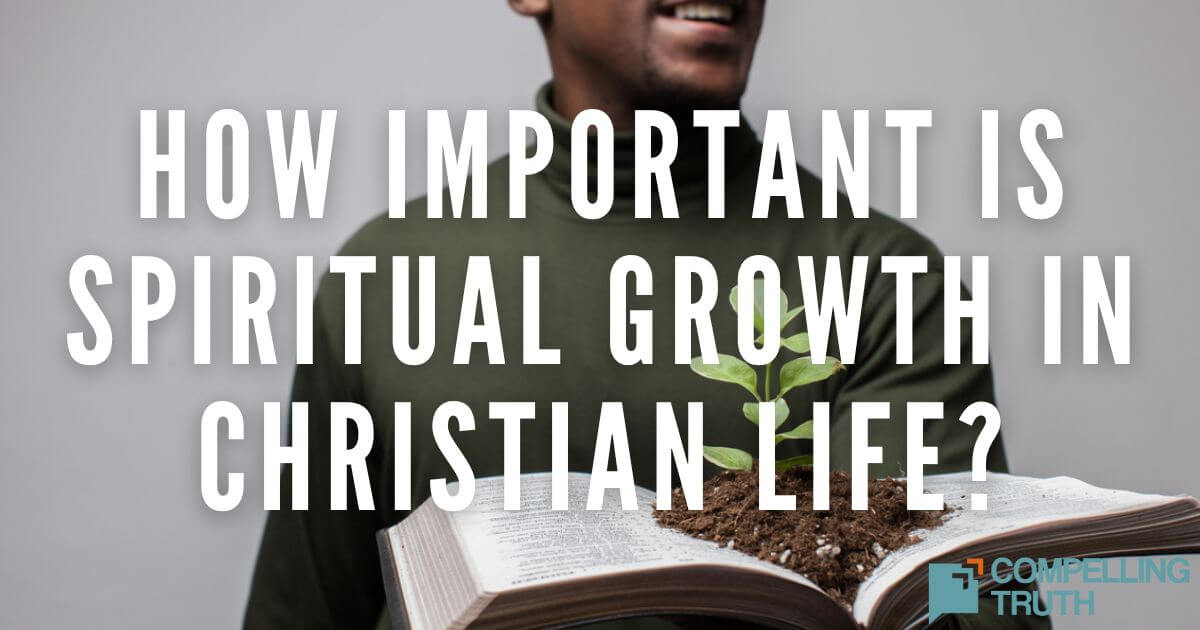As part of Jesus’ Sermon on the Mount, Matthew 6:24 identifies money or earthly riches as a worldly temptation that can draw us away from God. Our lives have room for only one master: God. Throughout the Old and New Testaments, the Lord warns us of putting anyone or anything above Him. The Bible teaches that nothing should become more important to us than God (Exodus 20:3; 1 John 5:21). The admonitions about money continue throughout the New Testament. On several occasions, Jesus cautioned against prioritizing money (Matthew 6:19–21; 19:16–22; Mark 10:21–22). We become slaves to whatever we chase after most in life (Romans 6:16), which includes attaining wealth. Instead of seeking after earthly treasures, we are to seek first God’s kingdom (Matthew 6:19–21, 31–34). When we do this, we show we are serving God and not money.
The cliche “money can’t buy happiness” provokes eye rolls from cynics. But like many well-worn adages, that one is true. Real happiness, fulfillment, and purpose do not come from wealth. Such fulfillment comes from doing what we were created to do: have a relationship with God. When we choose to serve any master—including money—other than God, we deprive ourselves of what we were created to be. If you have put your faith in Jesus Christ, you are God’s child (John 1:12; Galatians 3:26; 1 John 3:1). And no amount of money causes us to be more or greater than we already are in God. Our allegiance must be to God, not to wealth. This is not to say we shouldn’t have jobs or relationships or manage our finances well. On the contrary, believers are called to take care of our family (1 Timothy 5:8), give generously (1 Corinthians 9:14; 2 Corinthians 9:6–8; Galatians 6:2, 6–10), and be good stewards of the resources the Lord has blessed us with (1 Peter 4:10). But what drives our behavior is pleasing the Lord, not wealth and personal gain. Our values are God’s, not the world’s (Colossians 3:1–17). The cost of loving money is too high; it pulls us away from God. Our lives have room for only one master: God.




